Dr. Cara Haney is a professor at the University of British Columbia and has recently been funded with an Early Career Investigator award through Cystic Fibrosis Canada’s 2021 Grants & Awards competition for her research study, Pseudomonas aeruginosa environmental sensing to establish chronic infection. Early Career Investigators are researchers who have recently opened an independent research laboratory at a university or hospital research institute. CF Canada has placed a priority on funding strong researchers who are early in their careers to help build and maintain a robust CF research community in Canada, now and into the future, with the skills we will need for the next generation of breakthroughs in CF.
Read MoreSpotlight on Research
.png)
Dr. Amanda Morris, a research fellow at the Hospital for Sick Children, has recently been awarded a research fellowship from Cystic Fibrosis Canada for her study, In vivo exploration of Pseudomonas aeruginosa and Staphylococcus aureus Interactions within Sputum of Cystic Fibrosis patients with Pulmonary Exacerbations.
Read More.png)
Dr. Christine Bear is an award-winning researcher at the Hospital for Sick Children (SickKids) in Toronto, who recently received funding from Cystic Fibrosis Canada to pursue her research study, Multi-site collaboration to validate use of patient-derived nasal cultures for expanding access to CFTR modulators. Dr. Bear hopes to find a way that Trikafta can be used for CF patients with mutations other than the most common F508del mutation. Through the use of nasal cells, there could be evidence that Trikafta can improve lung health for those who have been denied access due to their rare mutations.
Cystic Fibrosis Canada is proudly able to support this research thanks to a generous grant for basic science research from the Sarah Gordon Sutherland Memorial Fund. Our sincere thanks to the Gordon family for making this work possible.
Read More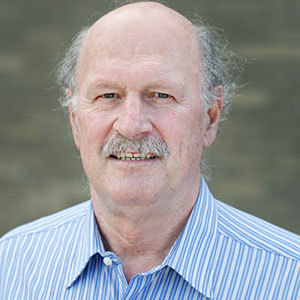
Dr. Robert Hancock is the Killam Professor of Microbiology and Immunology and a Canada Research Chair at the University of British Columbia. He has published more than 700 scientific papers and has received several high-profile awards and honours in recognition of his work, including being appointed as an Officer of the Order of Canada in 2001. Dr. Hancock’s research focuses on understanding and overcoming antibiotic resistance and developing new treatments for difficult-to-treat infections, like Pseudomonas aeruginosa.
Read More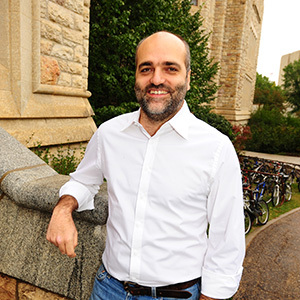
What I enjoy the most about my work is the process of discovery - the design of experiments and the development of experimental techniques that allow us to advance our understanding of CF.
Read More
A team of researchers from across Canada and the US, including Cystic Fibrosis Canada-funded Dao Nguyen from McGill University, recently published their study on the impact of chronic lung infections on lung inflammation. Specifically, they looked at the role of Pseudomonas aeruginosa bacterial adaptations in promoting lung inflammation.
Read More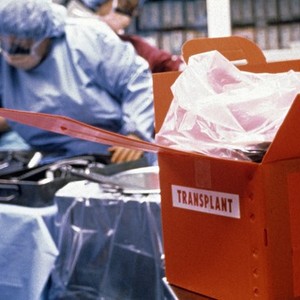
For many people with cystic fibrosis (CF), lung transplantation offers hope for a second chance at life. CF is characterized by chronic lung infection and inflammation, which causes tissue damage over time. When the lungs have become damaged to the point that their function is severely reduced, lung transplant becomes the only option. Unfortunately, in Canada, the demand (or need) for viable donor lungs, and other organs, vastly outweighs the supply, with almost 4500 Canadians on transplant waiting lists (Canadian Organ Replacement Registry Annual Report, 2011).
Read More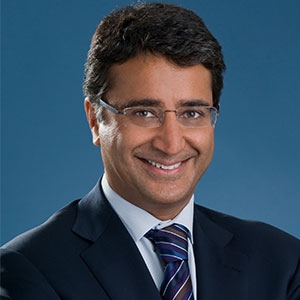
Dr. Keshavjee is a Thoracic Surgeon and the Director of the Toronto Lung Transplant Program at Toronto General Hospital, University Health Network. With the development of the Toronto Ex Vivo Lung Perfusion System, Dr. Keshavjee has revolutionized lung transplants and helped improve health outcomes and quality of life for patients post lung transplant. Cystic Fibrosis Canada has supported Dr. Keshavjee since 1999, providing nearly $2.3 million in research funding.
Read More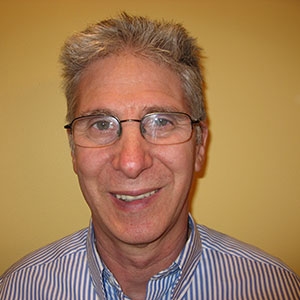
Despite significant progress in treating cystic fibrosis (CF), lung infections caused by germs, such as bacteria, viruses, yeasts and molds, remain a serious problem for those with CF and can lead to worsening of the disease. The Infection Prevention and Control Guidelines contain recommendations to reduce the risk of CF patients receiving or spreading potential pathogens in the CF clinic or hospital setting.
Read More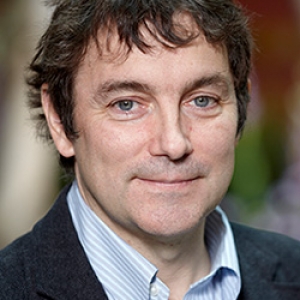
Dr. Michael Surette is a Cystic Fibrosis Canada funded-researcher, Professor and Research Chair in Interdisciplinary Microbiome Research at the Farncombe Family Digestive Health Research Institute, Faculty of Health Sciences, McMaster University.
Read More

